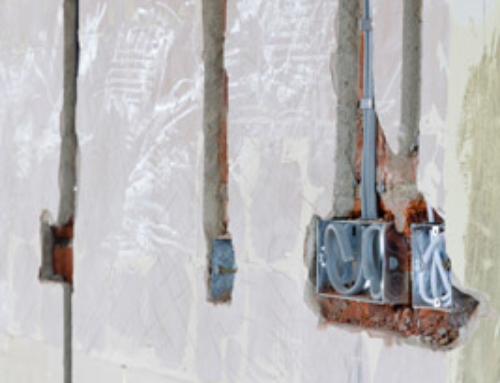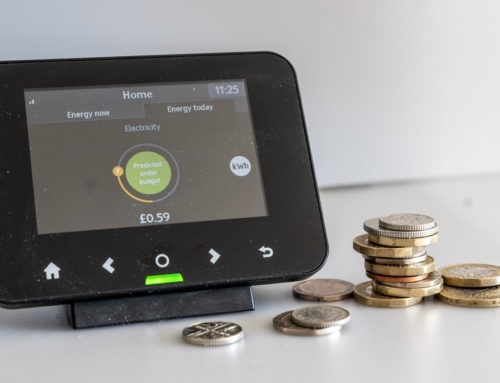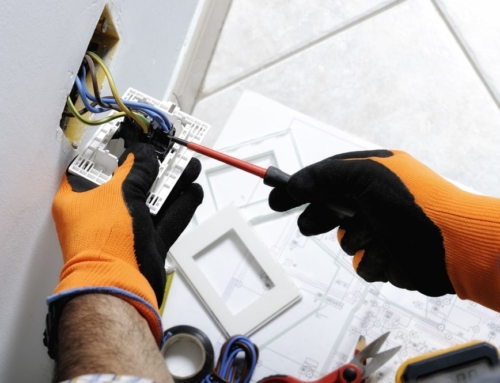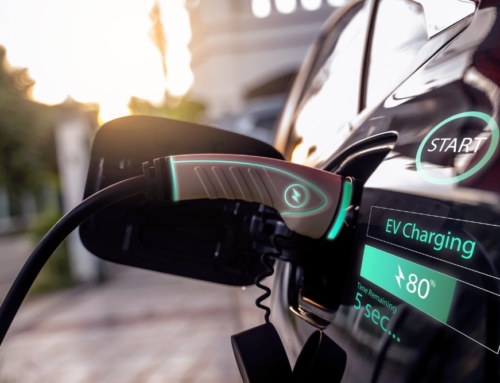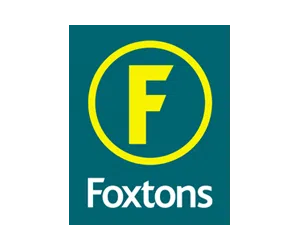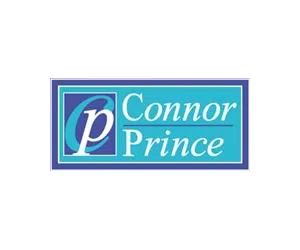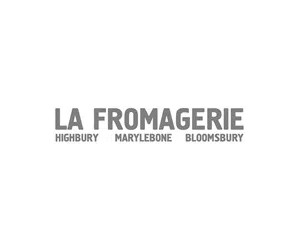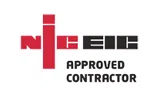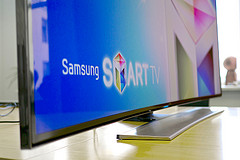
Smart homes are becoming more affordable
Big energy companies are launching more and more smart home initiatives. British Gas is marketing its Hive thermostat, while Google is behind a rival, Nest. From energy to security, smart home technology is slowly becoming commonplace in our homes. Over the next 5 years, we’ll see more and more devices becoming ‘connected’, and we’ll be able to control more appliances from our phones.
New technology is always great, but will it be cost effective? We’ve looked into the cost of upgrading to modern smart home technology.
Connecting Your Home
Right now, many smart home products use WiFi, which is a very affordable technology. Your phone, thermostat and alarm systems can all connect via your router, and communicate with the outside world via your internet connection.
New technologies promise to keep your appliances talking without the need for WiFi, which will be a bonus for people who struggle to get a good signal through thick walls at home. Protocols like ZigBee, Z-Wave and Bluetooth Low Energy promise short wave transmission at a very affordable price.
And if you don’t have WiFi, companies like SigFox are hoping to provide long range networks via the use of dedicated transmitters.
Facts and Figures
Thankfully, these new technologies are designed to be affordable, simply because we’ll need dozens of them for the system to work.
For example, replacing a light switch with a Z-Wave enabled upgrade costs around £30 plus labour, and it will give you the ability to control your lights from anywhere, without having your router switched on.
A ZigBee or Thread enabled thermostat will cost around £250 plus fitting, but could save you more than £300 a year on the cost of electricity and gas.
You can even plumb in a ZigBee washing machine from manufacturers like Indesit and Bosch, then monitor their cost, adjusting the cycle to reduce energy consumption. Over time, it’s possible to recoup the cost of the appliance by using it more intelligently.
Starting With Smart
Smart home technology will be big news in 2016, but you don’t need to rush to kit out your entire house. MD Bespoke Solutions can help you to upgrade one step at a time, building smart sensors and controllers in to your environment as small, incremental upgrades.
For example, if your house needs to be rewired, we can replace your sockets with smart sockets that you can control remotely, or sync to each other. If your lighting needs to be moved or replaced, we’ll look at ways to include smart control into the switches, so you can be more energy efficient going forward.
To get started, the most important thing you need is quality advice. Many smart home products are not compatible with each other, so speak to MD Bespoke to decide which ones to buy. Our experienced installers will talk you through smart home options so you can decide what will save you the most money.

